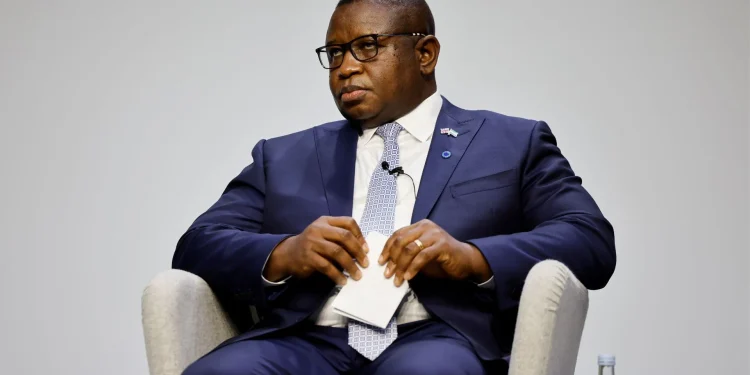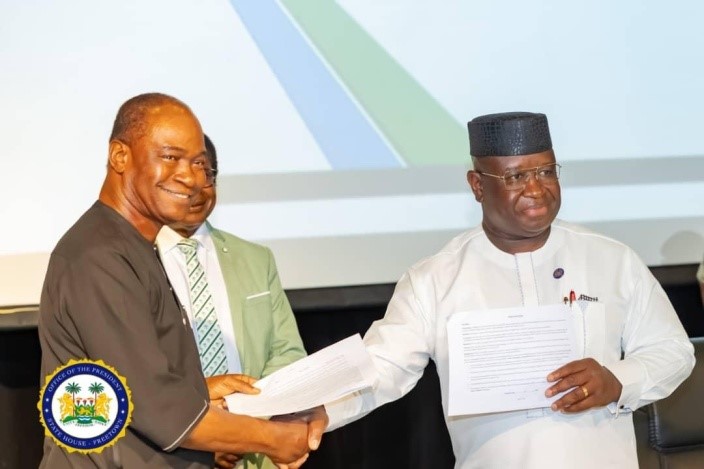By Mackie M. Jalloh
Sierra Leone’s President Julius Maada Bio delivered a powerful appeal at the United Nations, calling for immediate reforms to the U.N. Security Council that would give Africa the representation it deserves. Bio’s speech, which emphasized Africa’s historical marginalization and its pressing need for justice and equity, resonated deeply as the world gears up for the upcoming U.N. “Summit of the Future” and the annual General Assembly.
“Africa has long been excluded from global decision-making, and it’s time for that to change,” President Bio asserted, framing Africa as the “unquestionable victim” of an outdated and unrepresentative Security Council structure. He underscored that the Council’s current composition, which reflects a post-World War II power balance, is woefully inadequate for addressing the realities of the modern world.
The Security Council, established in 1945, has the authority to impose sanctions, deploy peacekeeping missions, and pass legally binding resolutions. However, its permanent members—the United States, Russia, China, Britain, and France—hold veto power, a privilege that African nations have never shared. With only three non-permanent seats allocated to Africa, out of the 10 that are elected for two-year terms, African countries are vastly underrepresented, despite the continent’s significant contributions to global peacekeeping and its rapidly growing population.
President Bio’s remarks come at a critical time, as the U.N. prepares for high-level discussions aimed at reshaping international cooperation. The “Summit of the Future,” scheduled for next month, is expected to generate new visions for global governance, with Security Council reform as a priority. A draft of the summit’s “Pact for the Future” has highlighted the importance of ambitious changes to the Council’s structure, though specific details have yet to be finalized.
“We are certain that reform is only a matter of time, but the gatekeepers must understand the urgency of our case,” President Bio said during a press briefing, signaling Africa’s determination to secure permanent representation on the Council. His call echoes long-standing demands from the African Union, which has advocated for two permanent seats and three additional elected seats for African countries.
Namibia’s Foreign Minister, Peya Mushelenga, supported President Bio’s position, stressing that the issue of permanent seats for Africa “must be urgently addressed.” The current composition, he argued, is a relic of a time when Africa was under colonial rule, and it no longer reflects the geopolitical realities of today.
The push for African representation is gaining momentum, with other regions also seeking greater inclusion. The United States has expressed support for adding permanent seats for countries in Africa, Latin America, and the Caribbean. U.S. Ambassador Linda Thomas-Greenfield, who has extensive experience in Africa, urged the Council to move beyond rhetoric and start implementing solutions.
“Let’s stop admiring the problem here. We need to move to solutions,” Thomas-Greenfield told the Council.
As Sierra Leone holds the rotating presidency of the Security Council, President Bio has used this platform to elevate Africa’s demands. His message is clear: Africa can no longer be sidelined in global decision-making processes. The continent, home to 1.3 billion people and 28% of the U.N.’s member states, deserves a voice commensurate with its importance on the world stage.
“Africa cannot wait any longer,” President Bio declared, urging the international community to prioritize Africa in any forthcoming reforms. With the “Summit of the Future” on the horizon, his call for change could not be more timely, as the world debates how to build a more inclusive and equitable global order.










